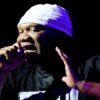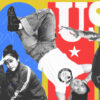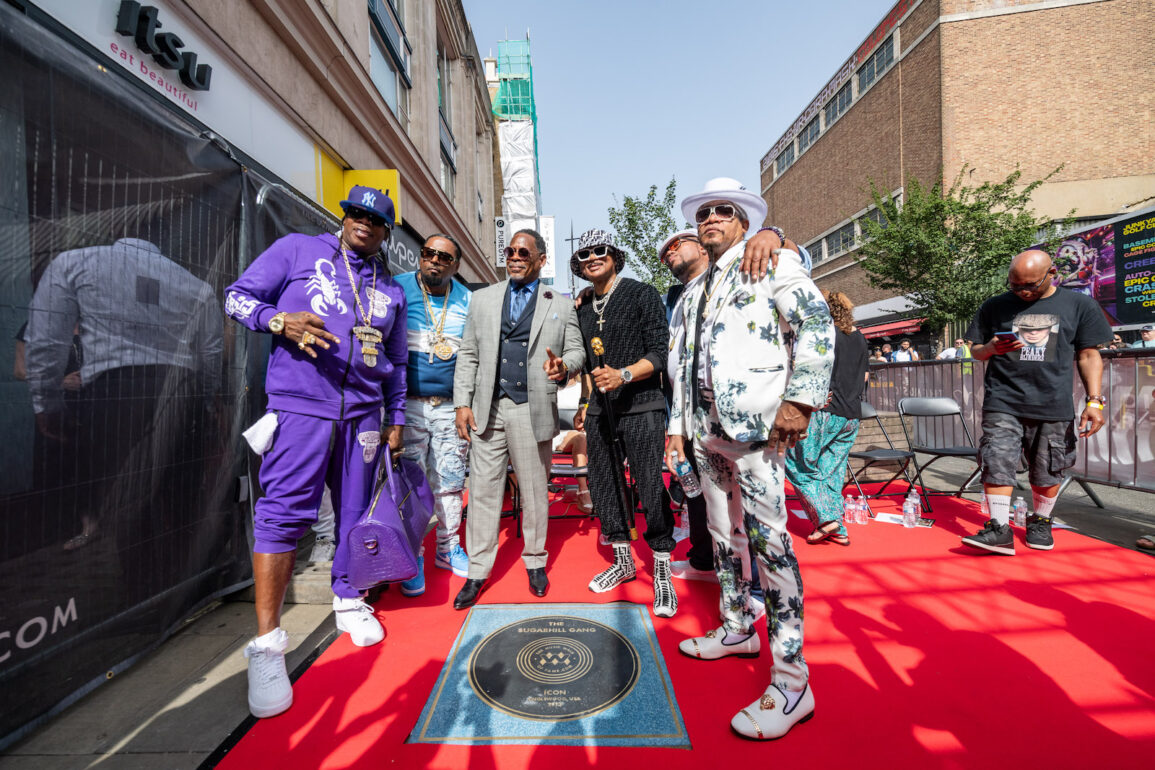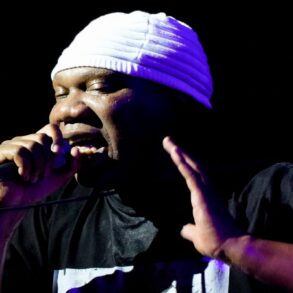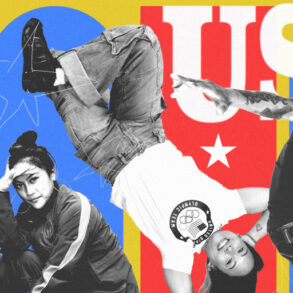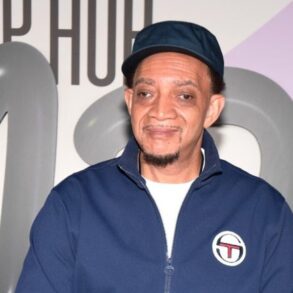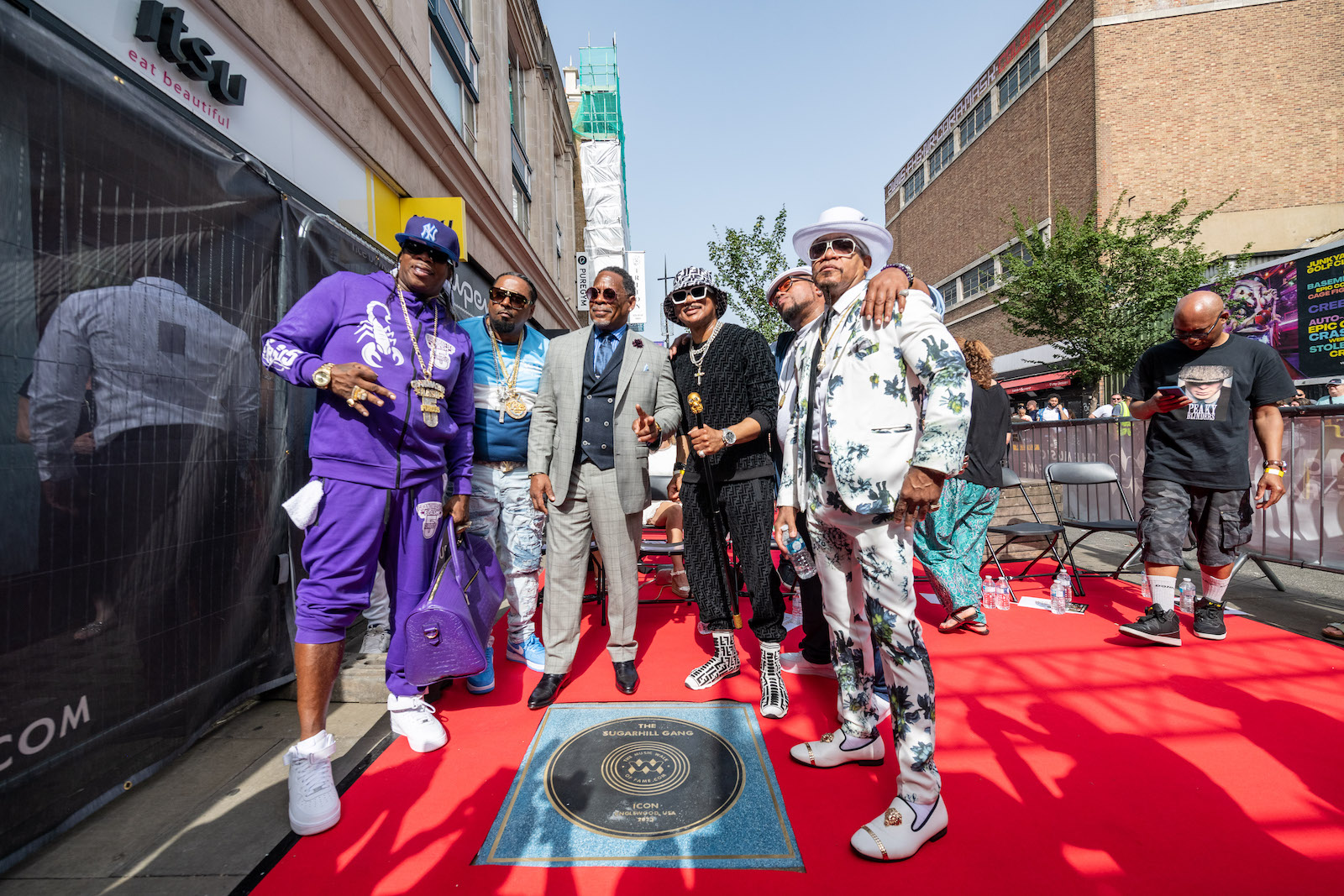
Getty Image
Like any other art form, rap music or hip-hop has a defined yet ever-evolving legacy. There are names etched in the walls of the greats ranging from industry-founders like Curtis Blow to Grandmaster Flash, LL Cool J to Run DMC, the Beastie Boys, Will Smith, Queen Latifah, the Fat Boys and more.
As the genre evolved, rap developed more of a polarizing edge, telling painful yet very real stories of street life. The performers became hugely popular—like N.W.A., Ice-T, Public Enemy, Tupac Shakur, and the Notorious B.I.G. Then, rappers like Jay Z, Dr. Dre, Snoop Dogg Missy Elliott and Eminem took rap to new heights of popularity, giving hip-hop a seat at the mainstream table. And others like Lauryn Hill, 50 Cent, Kendrick Lamar, Lil’ Wayne, Travis Scott, Nicki Minaj, Drake, DMX, J. Cole, Gucci Mane and others have kept rap going strong and made it a viable and highly profitable music style.
But a conversation about rap is incomplete without the group that coined the phrase “hip-hop” in their groundbreaking anthem “Rapper’s Delight”—the Sugarhill Gang—which joins us for the latest episode of The Load Out Music Podcast.
“I was 17 when ‘Rapper’s Delight’ first exploded and Hank and Mike were both 22,” SHG’s Guy “Master Gee” O’Brien said of its three founders. “There’s no way that you can prepare for meteoric attention. I went from being an Englewood, New Jersey, kid who did parties in people’s basement to the hottest teen idol in the world. There was no group hotter than Sugarhill Gang in 1979.”
Indeed, there was not. They were everywhere, and thus, any conversation about rap—which in 2023, celebrated 50 years as an art form—is incomplete without SHG.
The band formed in 1979, outside an Englewood, New Jersey, pizza shop. Singer and music executive Sylvia Robinson asked Henry “Big Bank Hank” Jackson—who would croon as he made pizza inside—to sing for she and her husband Joe in their car parked outside. Jackson was ultimately joined by Guy “Master Gee” O’Brien and the two of them went to the Robinson’s home, along with Michael “Wonder Mike” Wright. The three young men thought they were auditioning against one another, but in the end, were assembled into a music act that would go on to become the first commercially viable rap group ever, holding a legendary place in popular music history.
“You do your best to navigate through the craziness,” Master Gee said. “You’re going to the bathroom and their mind is blown because it’s you.”
After “Rapper’s Delight” came out in the summer of 1979, the band began a gradual run towards being one of the hottest bands in any music genre by 1983. But by 1985, Master Gee noted that “things started getting really weird. Things weren’t really working out the way we wanted to. I had gotten to a point where I had gotten a bit more educated. Hip-hop and rap was not where it is now where there are so many different avenues.”
By memory, during our conversation Master Gee recited a television jingle the band had written for Coca-Cola.
“We sent that commercial to Coca-Cala,” he lamented. “And we got crickets.”
He left hip-hop to start a career in the magazine industry. Wonder Mike and Big Bank Hank remained in SHG, working with a cast of characters under the Sugarhill Gang brand. And that’s when hip-hop grew into an industry, powered by the likes of LL Cool J’s anthem “Momma Said Knock You Out” or Run DMC’s crossover hit with Aerosmith’s “Walk This Way.” Then there was an eventual tidal wave of west coast “gangsta” rap and more. But still, rap was not fully embraced by corporate America. In fact, at first there was a semblance of fear from some corners of white America.
“When Will Smith—he was the first rap artist to win a Grammy,” Hen Dogg noted. However, “They didn’t show it on TV.”
Ultimately, something changed. Smith got a television show—”The Fresh Prince of Bell Air”—rappers were doing commercials, movies, SHG’s song “Rapper’s Delight” was added to the Library of Congress and produced the first rap album for kids in 1999, and more.
“It became multi-dimensional for people to make moves,” Master Gee said, discussing the mainstream appeal that was eventually found by the likes of Ice-T, Ice Cube, Snoop Dogg and others. “Rap started becoming marketable when big business started realizing there was hundreds of millions of dollars in this art form. Now here you go, yes, do movies, this is LL becoming a celebrity. Anytime an industry makes hundreds of millions of dollars, corporate America wants part of that because that’s how they make it. Everything is bought or sold in this world.”
Master Gee rejoined SHG in 2005 to rejoin Wonder Mike and Big Bank Hank, along with new members like Hen Dogg and DJ T-Dynasty. In 2011, Big Bank tragically died at the age of 58 after a long battle with cancer, and for a period of time, they performed as Rapper’s Delight—at odds with the Robinson family who held ownership of the Sugarhill Gang brand. They finally came to an agreement after an on-stage confrontation in Atlanta with the other Sugarhill Gang group. The Robinson’s agreed the original members would own and use the SHG brand moving forward.
Since then, the band has regained its place in pop-culture and with music fans world-wide, playing at hip-hop festivals and major venues across the globe, from the U.S. to the UK and Asia. They also appeared in a highly memorable episode of the popular “Live at the Print Shop” to end 2023, to help commemorate 50 years of hip-hop.
So sit back, enjoy a terrific conversation with the first superstars, pioneers—the OG’s of hip-hop: The Sugarhill Gang on the Load Out Music Podcast.
This post was originally published on this site be sure to check out more of their content.


